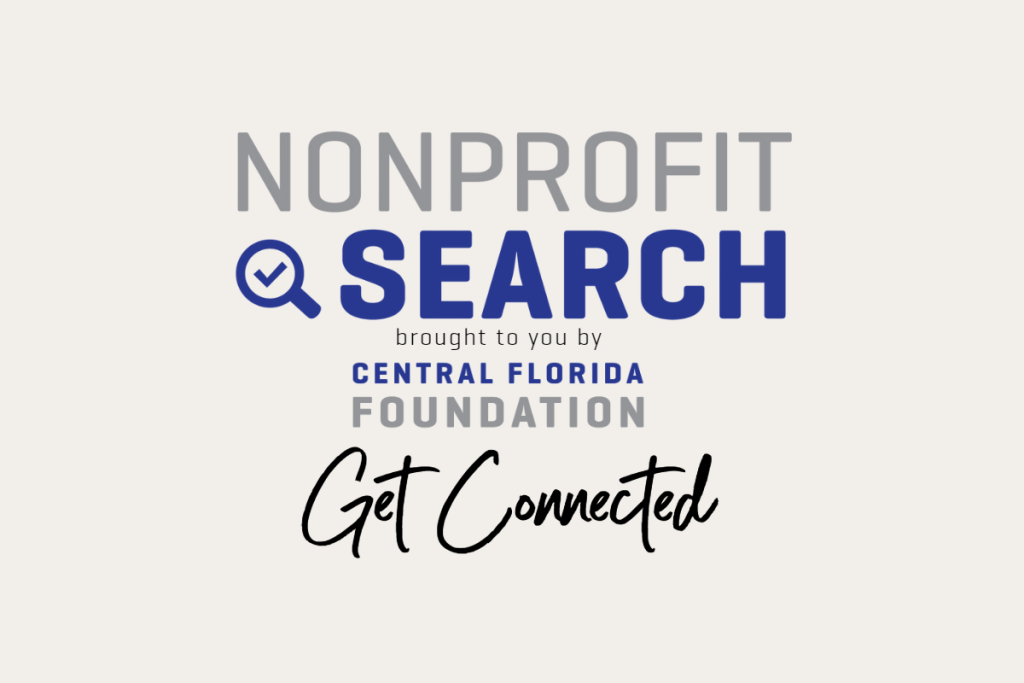
10 Tips on How to Write a Better Grant Application
by Sandi Vidal, VP of Community Strategies and Initiatives for Central Florida Foundation
I once had a mentor who told me, “Not everyone cares about the things you care about; find the people who do.” I think that was one of the best pieces of fundraising advice I could receive in my impressionable executive director days. She was urging me to focus my fundraising energy on finding grants from corporations and foundations that were aligned with our mission.
Today I sit on the other side of the desk reviewing grant applications for the Central Florida Foundation (CFF) and several other organizations. At CFF we often open the door for nonprofits to talk to us and get feedback on why they were not selected. Sometimes it is just a numbers game. Their application is great, and they have a wonderful mission, but there were others who were wonderful too. Other times, there are things that could help to strengthen their application. Today, I’ll share with you 10 ways that can vastly improve your grant application – and one bonus tip for when you do get that grant!
10 Tips on How to Write a Better Grant Application
1. Make sure your application aligns with the funder’s focus areas.
When it comes to grants, there is no point in trying to put a square peg in a round hole. It is important to understand what the funder is asking for and to determine how and if your mission and program align. Recently, we had a grant for a specific geographic area, and one of the applicants outlined very nicely how the money would help them expand into areas outside the geography we were looking at. This is an example of misalignment.

2. Build better relationships with funders.
Understanding your mission and impact is important to us. It is not always possible to get to know your funders personally, but when the opportunity presents itself, it is one I encourage you to take advantage of. At CFF, we consider all our grantees partners and try to make ourselves as available as we can. On the flip side, don’t get so comfortable with them that you forget the professional relationship. Most often it is not one person making the decisions on whom to grant to. If you are not selected, don’t disparage the funder.
3. Read the questions carefully and answer them completely.
I recently spoke to an applicant about why her organization was not selected. My simple answer was, “You didn’t answer the questions we asked.” It is important to make sure you understand the question and answer it completely. Leave out the jargon and fluff. Remember, sometimes the answer is a simple yes or no, or just one sentence even if there is more space left to write.
4. Use Grammarly or some sort of spell check. Reading your grant out loud can also be helpful.
I understand not everyone is a professional grant writer. Evaluators are not all the same either. Don’t give an evaluator a reason to be critical of your grant by making avoidable grammar mistakes.
5. Make sure your budget and budget narrative are clear and easy to understand.
This is the number one piece of feedback I see in evaluations. Comments about how an evaluator doesn’t understand the budget, how the budget does not match the narrative, or how the number of people served cannot possibly be accomplished with the money you are asking for.
6. Know what your expected outcomes are and how you plan to achieve them.
Outcomes are part of the before and after story of your grant. They tell us what you expect the grant to do versus the number of people you will serve. An example of this is that you might be teaching a language class. The outcome would be how proficient the participants become in the language.
7. Tell your story in a way that is compelling and shows why you are uniquely qualified to do what you do.
For most nonprofits, you are not the only one in your space doing what you do. Tell the funder how you are different and what makes you a good choice for funding. Additionally, this is a place to share a story of a client’s success or a change that happened because of your organization.
8. Share previous successes and ongoing programs that work.
Past performance is seen as an indicator of future success. What has your organization been successful with? If you have the data to back up your progress, that is even better.

9. Think of your Nonprofit Search Profile as a grant application.
It is a major component of our grantmaking and is used by many funders in the community.
Not sure how to begin? Check out our helpful Nonprofit Search Tips and Tricks video library and these resources to get you started.
10. Get your application in early.
Many people wait until the last minute and our phones and emails blow up with questions and technical needs. We can serve you better if you get the information in ahead of the deadline.
Bonus Tip: Best Practices Don’t End with the Grant Application
When you do receive the grant (we’re rooting for you!), share successes with your funder, let them know of the challenges you are experiencing, and thank them. We are always excited to hear success stories. On the flip side, if something is going off the rails or revisions need to be made, talk to us early so we can help you get back on track to meet your goals.
The Takeaway on Grant Applications
This conversation is not about whether funders are right or wrong in how they choose to administer grants. As a potential grantee, focus on the aspects of the grant application you can control, such as these simple actions above that you can take right now.
At CFF, our evaluation process has donor intent as a consideration, but it’s more about how the applicant explains how the organization plans to succeed in the current environment when it comes to competitive grants.
One of the things I did when I was writing grants was meet with funders when I could to share successes from grants I had received. I also used it as an opportunity to talk through ideas I had; it was good to get their thoughts and feedback early in the process.
Ways to Learn More
- Keep an eye out for our quarterly Ask Us Anything calls. These virtual meetings are a great opportunity to ask CFF’s community investment team any questions you may have about the grants process, Nonprofit Search, and any other related questions.
- Subscribe to our nonprofit newsletter to stay informed and engaged on all things related to grants and other opportunities.
- Submit your organization’s upcoming events on our community calendar for more exposure.
- Follow us on social media to stay current on what’s happening with CFF and across the region.
